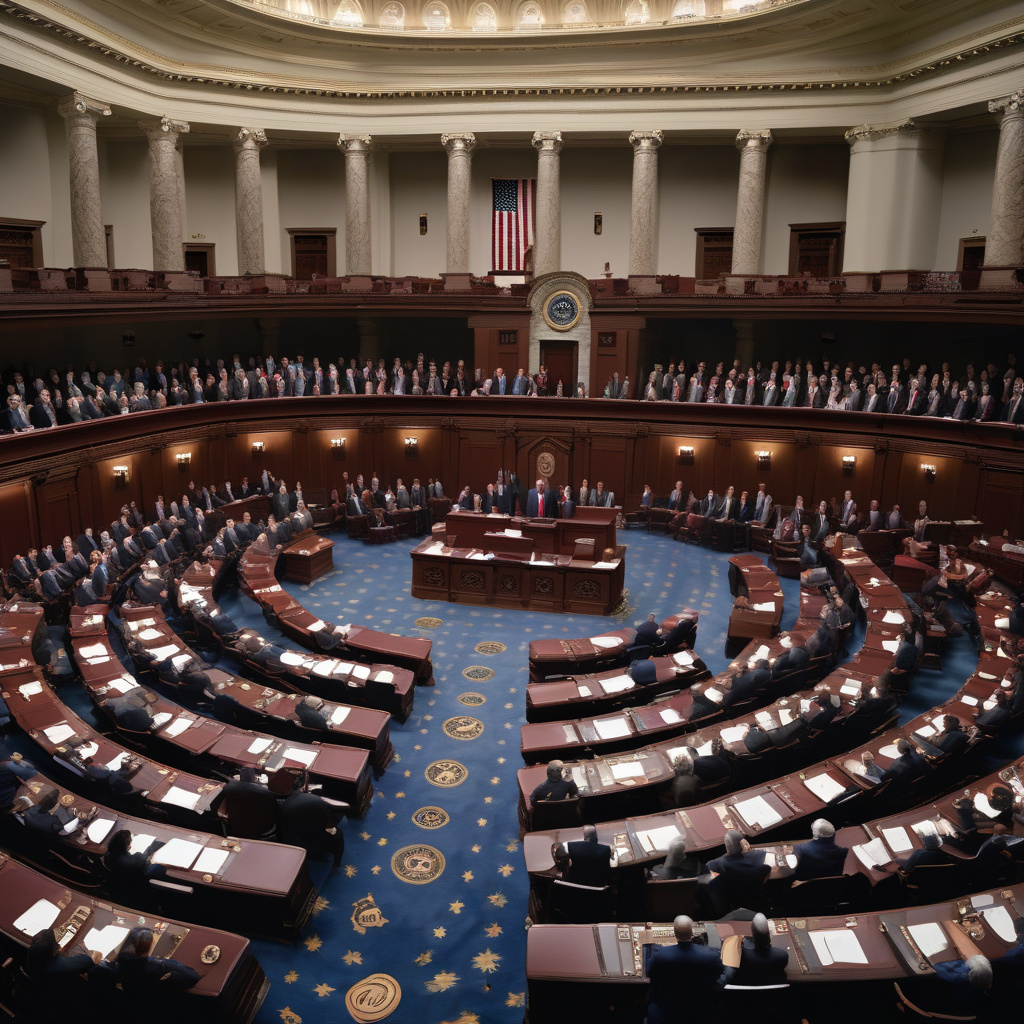In a significant development for the tech industry, a recent Republican initiative aimed at blocking individual states from implementing their own regulations on artificial intelligence (AI) has made notable progress. This move, which passed an important procedural milestone in the Senate over the weekend, has sparked debates among lawmakers, tech experts, and industry stakeholders.
The attempt to establish a moratorium on state-level AI regulations underscores the growing complexity and urgency surrounding the governance of emerging technologies. By seeking to create a unified regulatory framework at the federal level, proponents of this measure argue that a patchwork of state laws could stifle innovation, create barriers to interstate commerce, and lead to regulatory inconsistencies that hinder the advancement of AI applications.
At the same time, opponents of centralized regulation caution against overlooking the nuanced needs and perspectives of individual states. They argue that a one-size-fits-all approach may not adequately address the diverse concerns and priorities of different regions, potentially limiting the ability of states to tailor regulations to their unique circumstances.
This tension between federal oversight and state autonomy reflects broader discussions on the appropriate balance between innovation and regulation in the tech sector. While a federal moratorium could provide clarity and coherence in AI governance, it also raises questions about the extent of governmental control over rapidly evolving technologies and the implications for businesses and consumers.
Moreover, the Senate’s advancement of this moratorium proposal signals the increasing prominence of AI regulation on the legislative agenda. As AI continues to permeate various aspects of society, from autonomous vehicles to algorithmic decision-making, policymakers are grappling with how best to ensure responsible development and deployment of these technologies.
In navigating this complex landscape, it is crucial for stakeholders to engage in informed discussions that consider not only the technical aspects of AI but also its ethical, social, and economic implications. By fostering dialogue and collaboration across government, industry, and academia, we can work towards a balanced regulatory approach that promotes innovation while safeguarding against potential risks and harms.
As the debate over AI regulation unfolds in the halls of government, it is essential for all parties to stay informed, participate in the conversation, and advocate for policies that uphold both technological advancement and public interest. By fostering a dynamic and inclusive regulatory environment, we can harness the transformative potential of AI while mitigating its challenges, ensuring a future where innovation serves the greater good.

